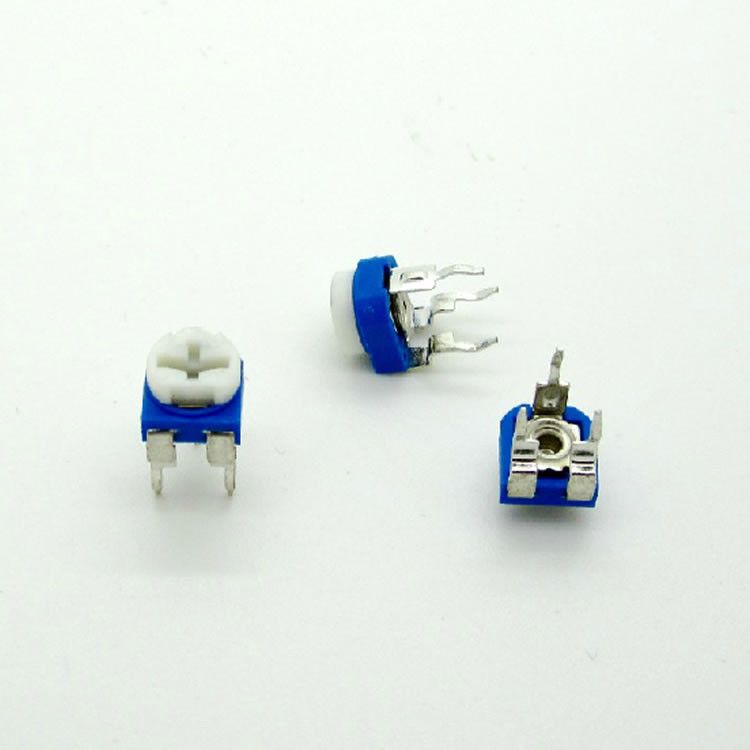The 101 100 ohm variable resistor, commonly referred to as a potentiometer, is an adjustable resistor used to control electrical resistance in a circuit. With a three-terminal design, it allows for precise tuning of resistance from 0 to 100 ohms. This component is ideal for applications requiring fine adjustments, such as volume controls, sensor calibration, and signal processing.
Key Features:
- Adjustable resistance up to 100 ohms
- Three-terminal design for versatile applications
- High precision and durability
- Suitable for fine-tuning and calibration purposes
- Resistance Range: 0 - 100 ohms
- Power Rating: Typically 0.25W (1/4W)
- Tolerance: ±20% (typical)
- Temperature Coefficient: ±100ppm/°C (typical)
- Shaft Type: Knurled, slotted, or smoothÂ
- Mounting Type: Through-hole
- Volume control in audio equipment
- Tuning and calibration in electronic circuits
- Adjustable power supplies
- Sensor adjustments
- Signal conditioning
- Solder the three terminals to the appropriate points in the circuit.
- Rotate or slide the control to adjust the resistance.
- Use a multimeter to measure the resistance if precise adjustments are needed.
- Do not exceed the rated power to avoid damage.
- Handle with care to avoid damaging the resistive element.
- Ensure proper mounting to prevent mechanical stress.



